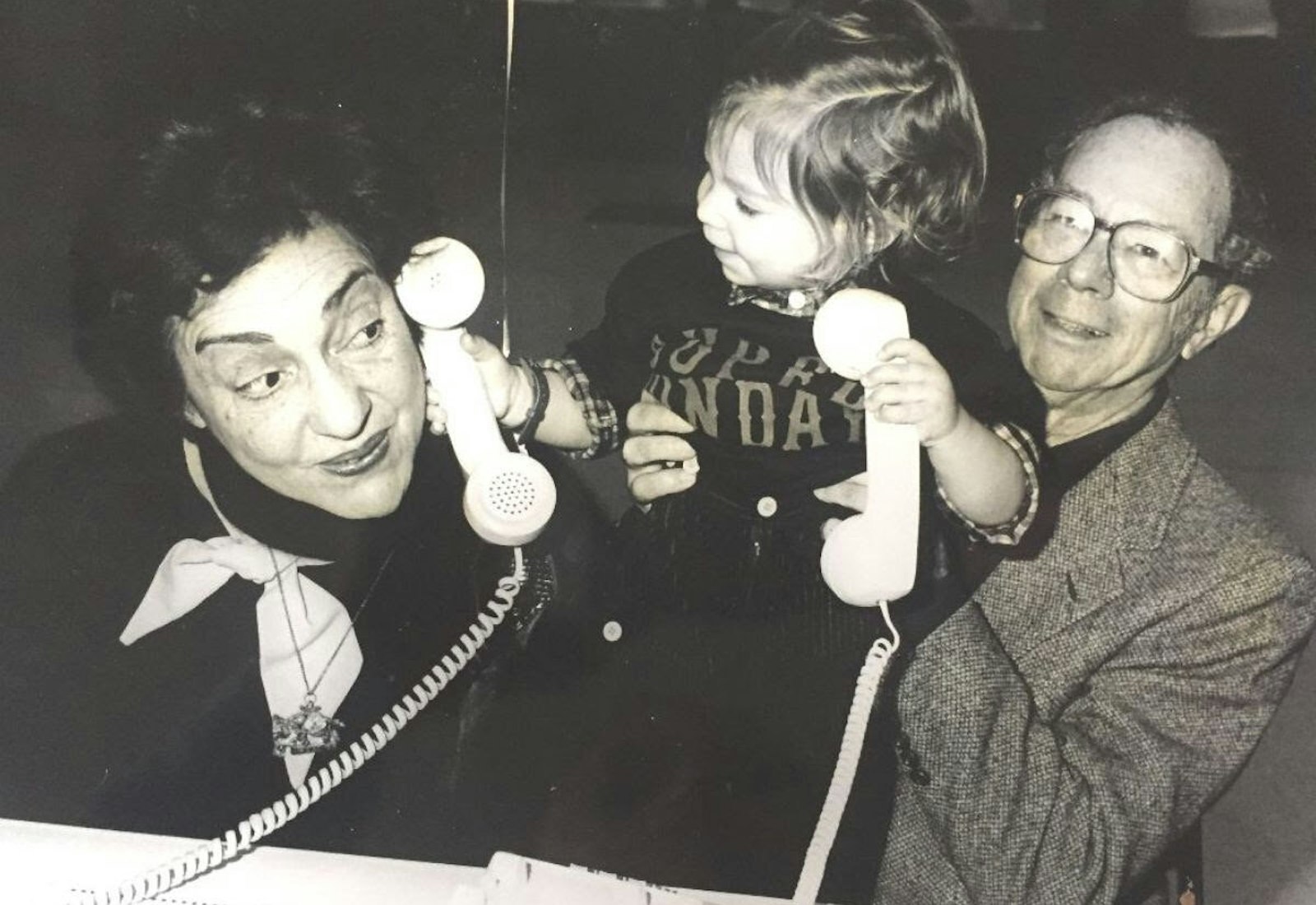Shared by Devra Ferst

Gravlax, or salmon that’s cured in salt and sugar, is classically from Scandinavia, but some American Ashkenazi cooks adopted the dish as their own during the 20th century. That was true for Devra Ferst’s maternal grandmother Marjorie Balick (called Grammy in the family), who passed along her recipes and cooking wisdom to Devra through a series of letters.
The first of many recipe cards she received was for her grandmother’s gravlax, a family staple, always requested for holidays and visits, and served with pumpernickel bread or buttery Ritz crackers. With the recipe arrived a note of grandmotherly encouragement: “Every chef in New York makes it somewhat differently, so don’t get upset if you read, or learn, another way to make this.” Over the years, Devra has tried out different variations, adding juniper berries to the recipe and a touch more sugar.
When Marjorie passed away in 2014, Devra inherited her metal shoe-box-sized recipe card box. “It also has cards with funny household tips,” she says, like “‘If you scratch a piece of wood, mix instant coffee and water or oil into a rag and rub it over the scratch.’ My grandfather owned a furniture store, so I imagine that one came in handy.”
Towards the front of the box, Devra came across a card for a gravlax recipe with her other grandmother, Elaine Ferst’s name on it. “I laughed when I first saw it. Was the famous family gravlax originally my other grandmother’s recipe?” Devra asked her father, Walter Ferst who jokingly explained, “Yes, it was my mother’s recipe, Grammy just made it better.”
The salmon, which stands in well for lox or Nova (though its flavor is more delicate), is excellent year round, but a perfect choice for Yom Kippur break fast as it doesn’t require any day-of cooking. Just make sure to start the curing process early enough and to buy the freshest fish possible.